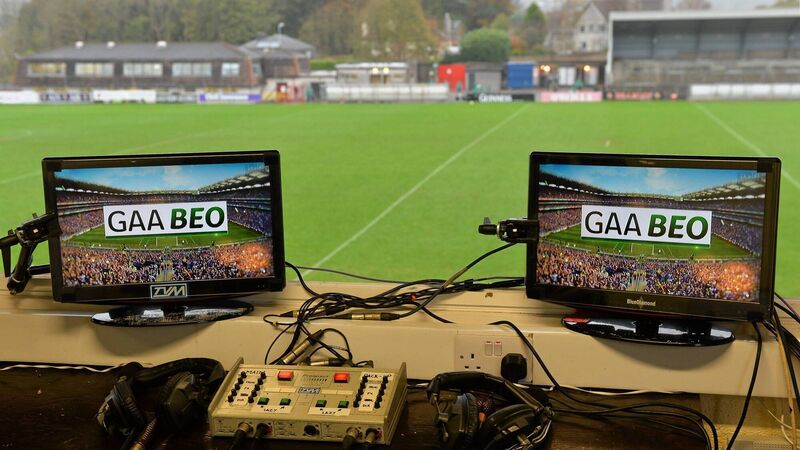Michael Moynihan: Screens and sports and how one influences the other

But will the availability of streaming facilities see that spike level off? Once the delight at seeing games in the flesh — unmasked, unfiltered, unworried — begins to recede, what about a cold, wet afternoon in March, when the fire is warm and the coffee made and the Dark Chocolate Digestives are all available in the front room?
Now that the end is in sight (kind of), where are the pronouncements about what we learned during the pandemic? Where now the lessons of the last two years?









